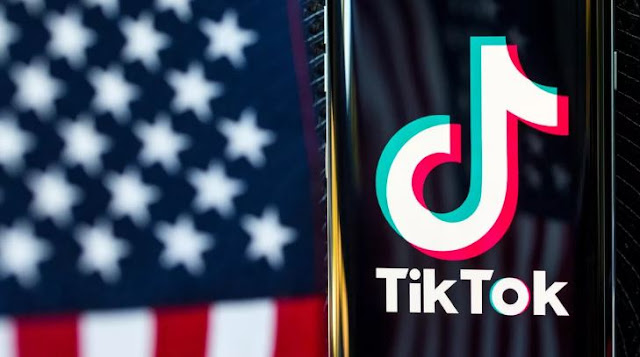
Property In Dubai
Buying property in Dubai for expats becomes easier and easier over the years. A residence visa is a step towards it, so it might be your best bet.
Why Get A Visa And Real Estate In Dubai
The United Arab Emirates has become the world leader in ease of obtaining residence visas, according to a survey by online expat platform InterNations. 83% of respondents gave high marks to visa regulation in the UAE, while the global average was 56%.
The study found that three out of five expats have never experienced red tape.
1. Foreigners highly appreciated online services with the provision of public services. Entry permit reforms and simplification of the process of obtaining work permits aim to attract thousands of qualified professionals to the UAE.
2. Another advantage of the UAE, expats called the widespread use of English. Thus, 85% agree that it is easy to live in the Emirates for those who do not speak Arabic. About 87% of expats also praised the availability of high-speed internet at home, while 90% commended the prevalence of digital payments.
3. Foreigners noted a wide range of recreational opportunities available throughout the country, which certainly affects the overall quality of life. About 86% of respondents notice the gastronomic diversity in the country (the world average is 77%).
4. The survey showed that the quality of life is also affected by the presence of cultural institutions and nightclubs. All respondents expressed satisfaction with the level of security in the country, 86% were very satisfied with political stability. 78% of respondents called medical services easily accessible, 56% - affordable.
The labor market in the UAE is considered the third best in the world. Four out of five expats believe that moving to the Emirates has improved their career prospects, while on average only 65% of those surveyed think so. Curiously, 65% of respondents expressed satisfaction with their career achievements.
Automatic Golden Visas For Nurses
Medical personnel in the UAE have been automatically upgraded to the category of resident permit.
In the United Arab Emirates, COVID-19 pandemic fighters, including nurses and paramedics, have their residence visas automatically upgraded.
It is specified that the government of the country has awarded the so-called advanced workers with "golden" visas, under which they can live in the UAE for 10 years. Health officials have detected a change in the category of entry permit in the system of the Federal Office of Identity and Citizenship.
Back in 2021, the UAE government promised privileges to medical personnel and their families for exceptional efforts to protect the country's population from the coronavirus. Hospital staff across the country are expected to receive golden visas. Health care workers received the news with delight and gratitude.
In April 2022, the UAE Cabinet approved one of the largest visa reforms in recent years. In particular, changes were made to the "golden" residency program in order to attract investors and qualified personnel, as well as scientists and talented students and university graduates to the country.
For holders of a 10-year residence permit, the deadlines for maximum stay outside the UAE have been canceled. They can become sponsors of spouses, children of any age and household staff (unlimited). After the death of the holder of a golden visa, his family can stay in the UAE until its expiration date.
• The Golden Visa is issued to scholars, outstanding students and graduates who have scientific achievements, a degree in engineering and technology, and the recommendation of the UAE Council of Scholars. Eligible to receive 10-year-olds are outstanding students of secondary schools in the UAE, graduates of local universities or the top 100 higher education institutions in the world.
• In addition, qualified workers with professional experience in various fields, with a valid employment contract, with a scientific or academic degree of at least a bachelor's degree and a salary of at least AED 30,000 per month (USD 8,200) can apply for the "golden" permit.
• A 10-year residence permit can be obtained by holders of outstanding achievements in the field of culture, arts, sports and digital technologies, as well as investors in real estate, including under construction, in the amount of at least AED 2 million, which can be purchased in a mortgage (loan can be obtained from a local bank).
Also, working applications for golden visas can be obtained by entrepreneurs who own a business in the UAE with an annual income of at least AED 1 million (USD 272,000).
Real Estate Agency In Dubai
Ax Capital agency can become your assistant in purchasing real estate in Dubai or any other emirate of the country. They will lead you through all the stages of the deal and provide help in obtaining a visa through buying a property in Dubai.








